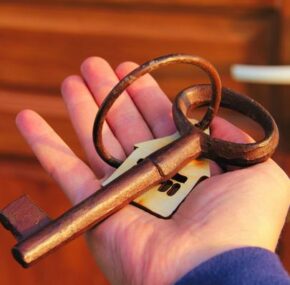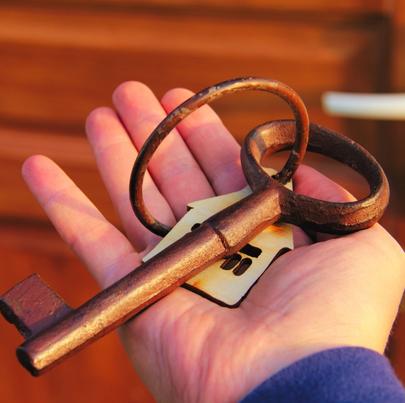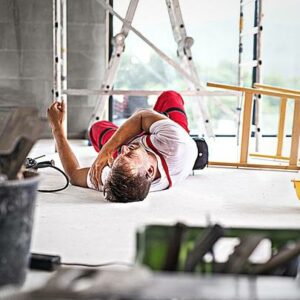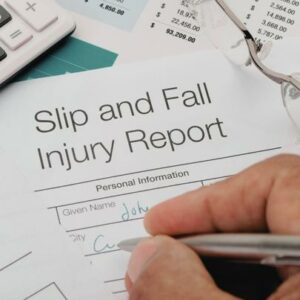Proving premises liability in Illinois

Injuries occur on private property at high rates in Illinois and around the nation. To help ensure that accident victims receive just compensation, the Illinois legislature adopted a set of laws that would provide people with recourse after being injured on another person’s private property. Whether an individual is attacked by a neighbor’s dog while delivering misplaced mail or a patron has a slip-and-fall on a wet floor in the supermarket, these laws are often the avenue through which these individuals can seek compensation for their injuries.
Coverage under the law
Illinois law states that property owners must take “reasonable care under the circumstances” to ensure that their premises are free from any features or lack thereof that could lead to harm for anyone who enters the property. However, plaintiffs must first prove that premises liability laws apply to their situation. In order to establish a successful claim, an injured party must prove the following:
• The defendant owned or was in legal possession of the property in question.
• The defendant was legally required to maintain the property for the safety of those visiting.
• The defendant’s actions or inactions caused a breach of his or her legal duty.
• The defendant’s breach of duty directly caused or contributed to the plaintiff’s accident, which resulted in injury. In order to prove that premises liability laws apply, the breach of duty and injury must have actually resulted in the plaintiff sustaining damages for which they can legally be compensated.
Certain exceptions exist
While property owners have a clear responsibility to keep the area free of danger, their duty may be put aside in certain circumstances. If a property owner does not have immediate possession and control of the land in question, such as occurs in commercial rental or construction situations, their liability may shift to the one who did have control of the property. In this case, the business owner who rents the building would often be responsible for an accident that occurs within the building’s walls that causes a patron to sustain a brain injury or other serious condition. However, the owner of the entire lot would remain liable for accidents occurring in the parking lots or sidewalks around the building.
Additionally, these laws are not applicable to trespassers. Only those with a clear right to be on the property, whether express or implied, can appeal to premises liability laws for compensation. However, property owners or those legally possessing the land do owe trespassers a lesser legal duty when they are injured on private property. Other exceptions apply to those who make their private land available for public recreational use, such as around lakes and for off-roading.







